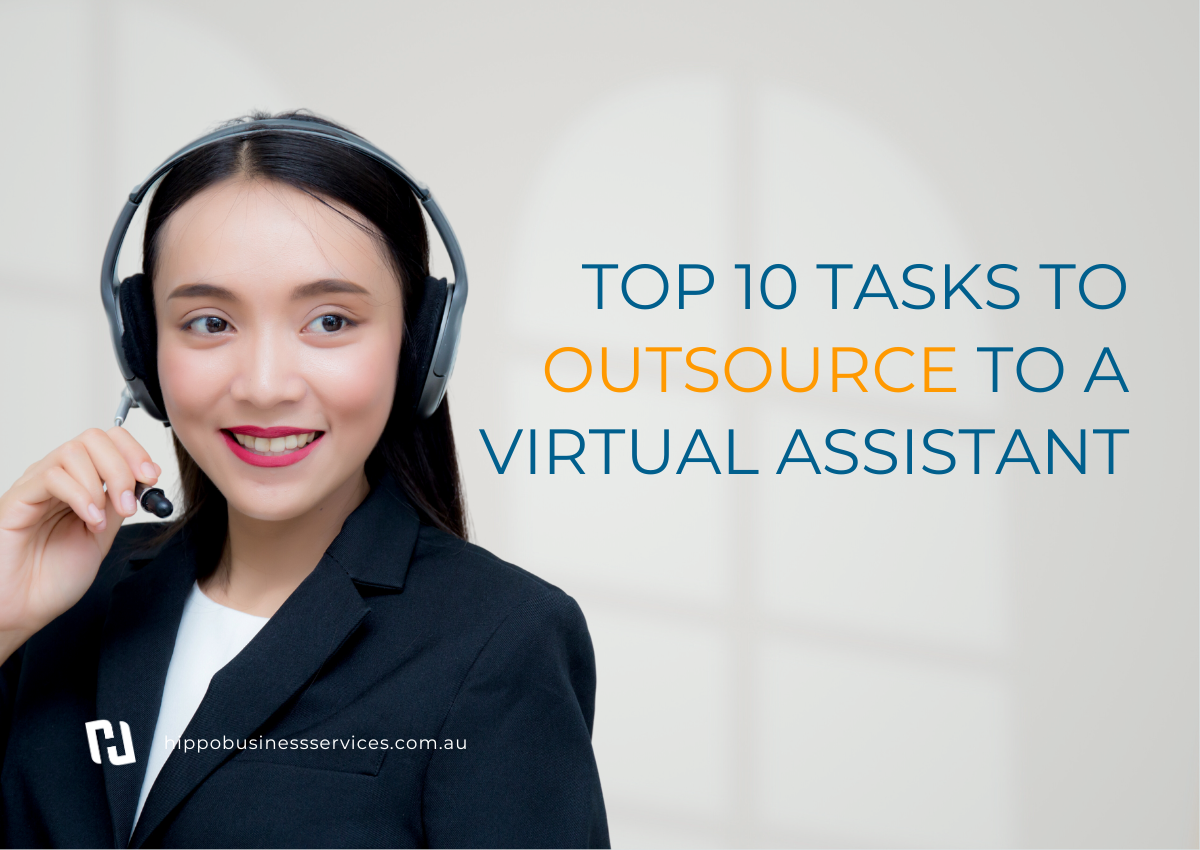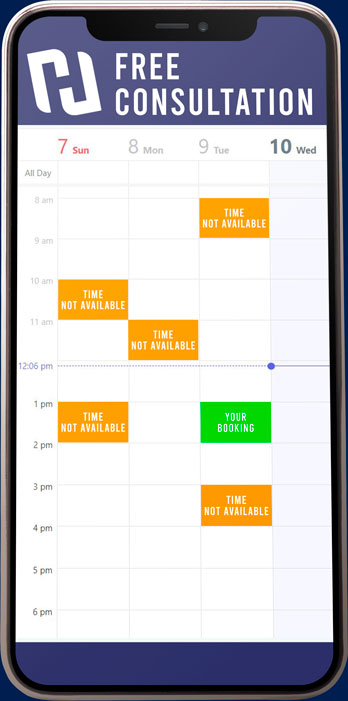Connecting with others and having solid relationships is a basic human need, as necessary as food and shelter. We spend more of our waking hours at the workplace, and yet there’s no overt encouragement for colleagues to get to know each other and build strong bonds. Many expect it to happen naturally, but without good workplace culture and employee engagement, the severe psychosocial hazards of not having sufficient positive human interaction will start to take a toll.
Social interactions and relationships are essential to one’s wellbeing, and have countless benefits. Heightened employee morale, better retention rates, and increased employee productivity are all outcomes of promoting positive relationships in the office.
Now, there are two overarching categories that workplace relationships fall into: personal and professional. Professional relationships find their foundation in trust and mutual respect for someone’s abilities and work ethic. Personal relationships are like friendships, built from similarities between two employees and their shared workspace.
The five most prominent relationships you can have at the office are as follows:
1. Co-workers and Team Members
The colleague, the peer-to-peer relationship is the most common in any workplace. It’s founded on your basic daily interaction, the fact that you work together, and can pass on information about the company between you. It’s regarded as a professional relationship and happens when neither person has authority over the other. The similar circumstances you’re in creates the good potential to become friends
The potential for a deeper relationship is even higher between teammates, as you’re all working together towards the same goal. With everyone’s success tied together, team members are inclined towards helping each other. Of course, properly cultivating any of these connections all depends on the company culture.
2. Manager to Employee and Mentor to Mentee
The epitome of a professional workplace relationship is between employees and their managers, and mentors and mentees. The latter has a higher chance of developing into a friendship than the former, as you are spending a lot of one-on-one time with each other – it’s impossible to avoid getting to know each other.
The manager/employee relationship is often strictly professional; these are the connections between upper management and those working under and for them. Managers assign work and employees do it, reporting back at regular intervals. This relationship, despite its professional form, has a huge impact on your time at the company, regardless of which position you’re in. You want a positive relationship with your manager or employees, as your interactions impact the business both culturally and financially.
3. Work Friends
For your personal health and happiness, work friends are the most important relationships to spark. People who have core companions at work are 96% more satisfied with both their home and work lives. Your work friends are the people you sit within meetings, share jokes and lunch with, and act as your corporate support system.
Employee engagement and satisfaction goes up 50% when you have friends at work. They’re your happiness influencers, as well as spurs for productivity and profit production. Positive relationships at work increases employee retention rates reduce burnout and inspire a strong company culture.
4. Work Spouse
Your work spouse is the most personal relationship you can have with someone at work. They’re not your actual spouse, but they’re your best friend in the office. You spend most of your time with them and they’re your first stop for work and home problems. Work spouses are the biggest happiness influences in the workplace, and having people with this relationship around has an incredible impact on company culture.
Between you, there’s heightened teamwork and morale, as you already know each other extremely well and don’t need to go through the ice-breaking phase when starting a new project. Friends at work make going exciting.
5. Life Friends
These aren’t friends from work, these are friends that you just happen to work with. The relationship that life friends have transcends the workplace and goes beyond employment – you’ll stay friends even if you both change jobs.
Seeing two people enjoy each other’s company is an extreme boost towards promoting such relationships in the workplace. Without connections like these, the likelihood of poor mental, physical, and social health increases significantly. Friendships are vital to successful employee engagement.
+1. Remote Workers and Virtual Assistants
While it’s different forming strong relationships with remote workers, it’s far from impossible. People have been making meaningful connections through the internet for decades now, and it’s the same with any Virtual Assistants or remote workers.
These relationships walk the line between personal and professional because while a Virtual Assistant is your employee, you’re working so closely together that becoming friends is unavoidable. They’re your workers, confidants, and have a vested interest in keeping your company going. Integrating technology into your workplace and encouraging your company culture to embrace online relationships is a fantastic way to promote the inclusion of remote workers and Virtual Assistants.








